The horrors of World War II were spread out across the world. Most of us can immediately recall tales of the Holocaust and the destruction of greater Europe, and the loss of life that plagued oppressed communities throughout the terrors of the Nazi regime. But what about America's role in further oppression? Washington Post's David Nakamura found some haunting family herilooms that brought back a dark time for Japanese Americans in the 1930s and 40s.
After the death of his 101 year old grandmother, Nakamura was going sorting through all that she'd left behind. In doing so, he came across quite a few documents of his grandmother and grandfather's time in Topaz, Utah, in a Japanese internment camp.
Including an ID and a WRA card:
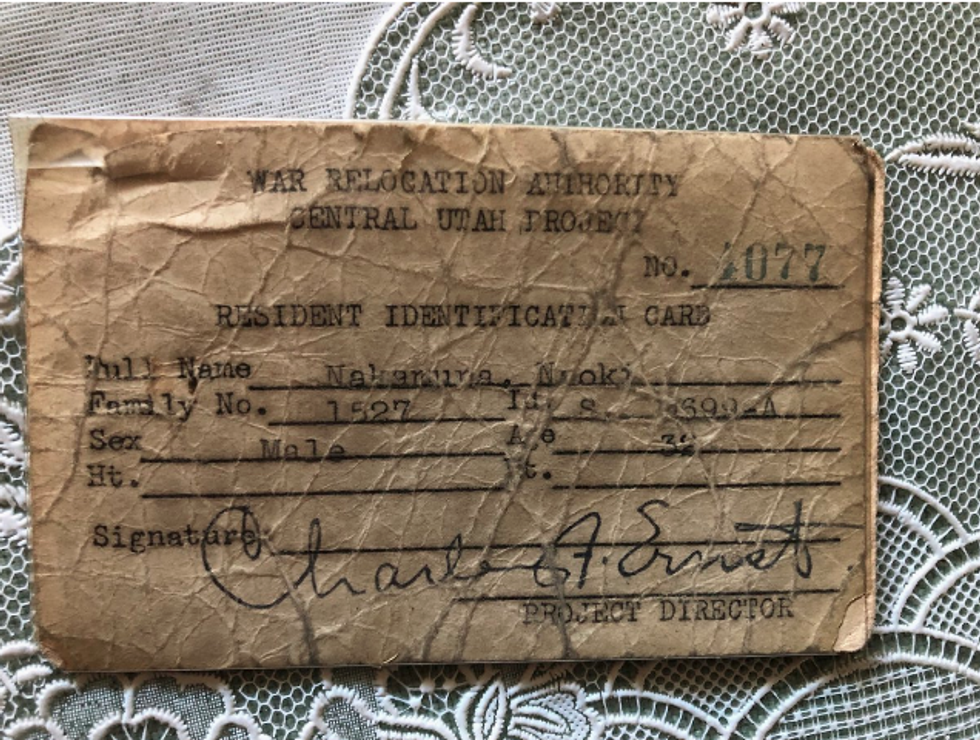
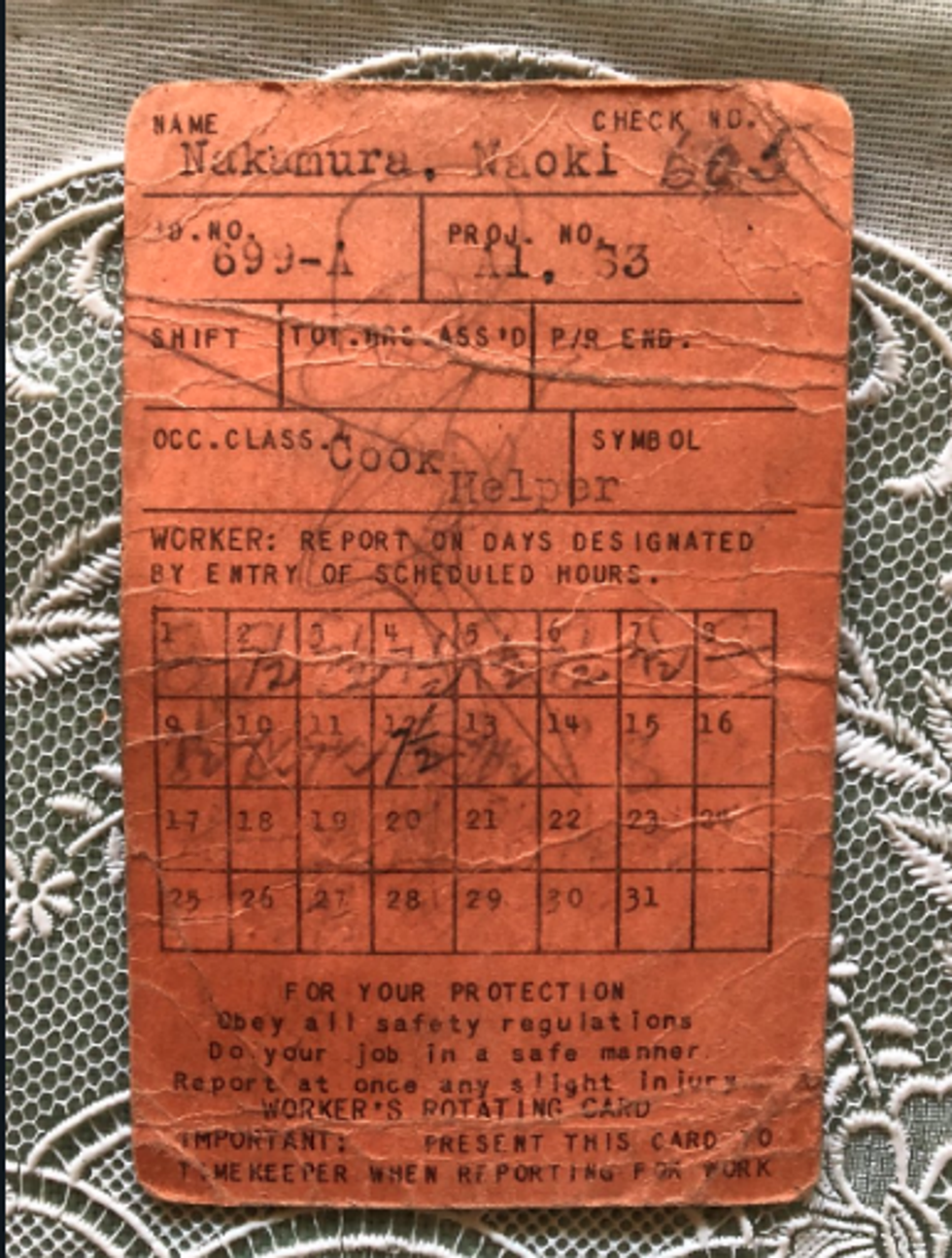
An essay that his father had written about the experience years later:
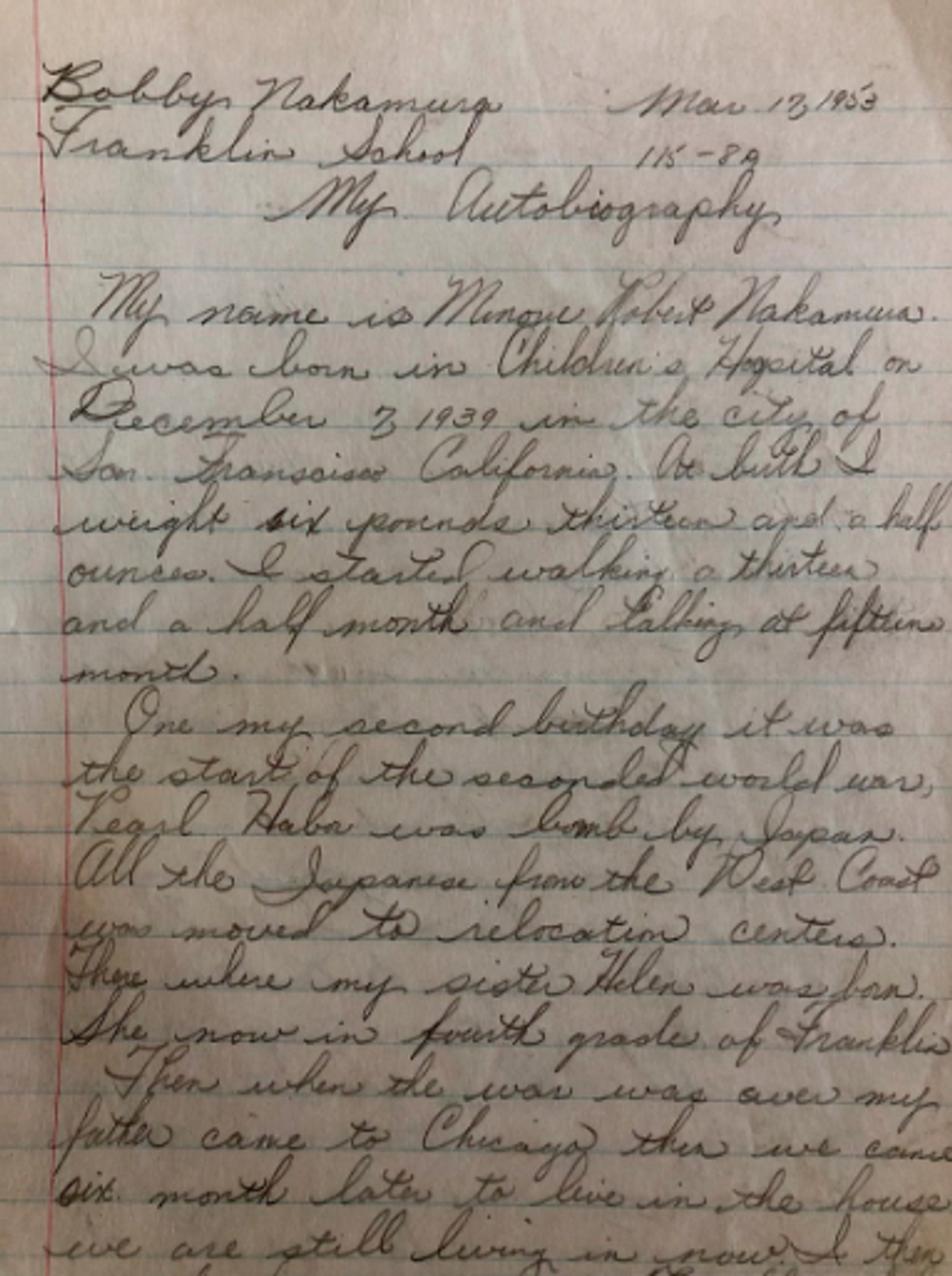
And a publication run by the internment camp's people.
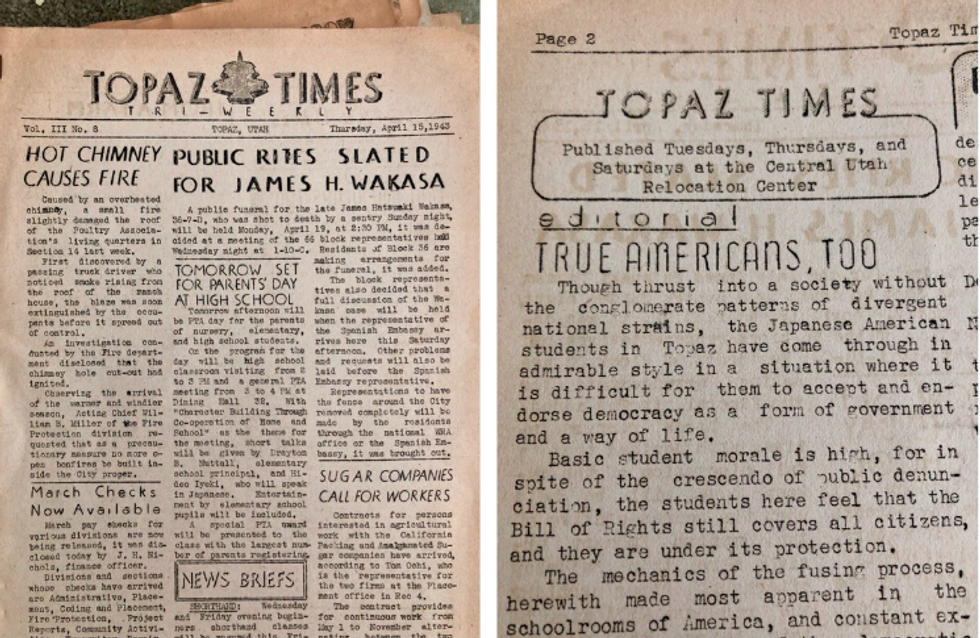
He also found the notice to report to Topaz that Japanese families were given in the wake of the bombing of Pearl Harbor, his father's Topaz ID, a suit filed against the US government for losses after the family's business was seized, and a number of disturbing documents calling his grandfather "yellow" and a "Jap."
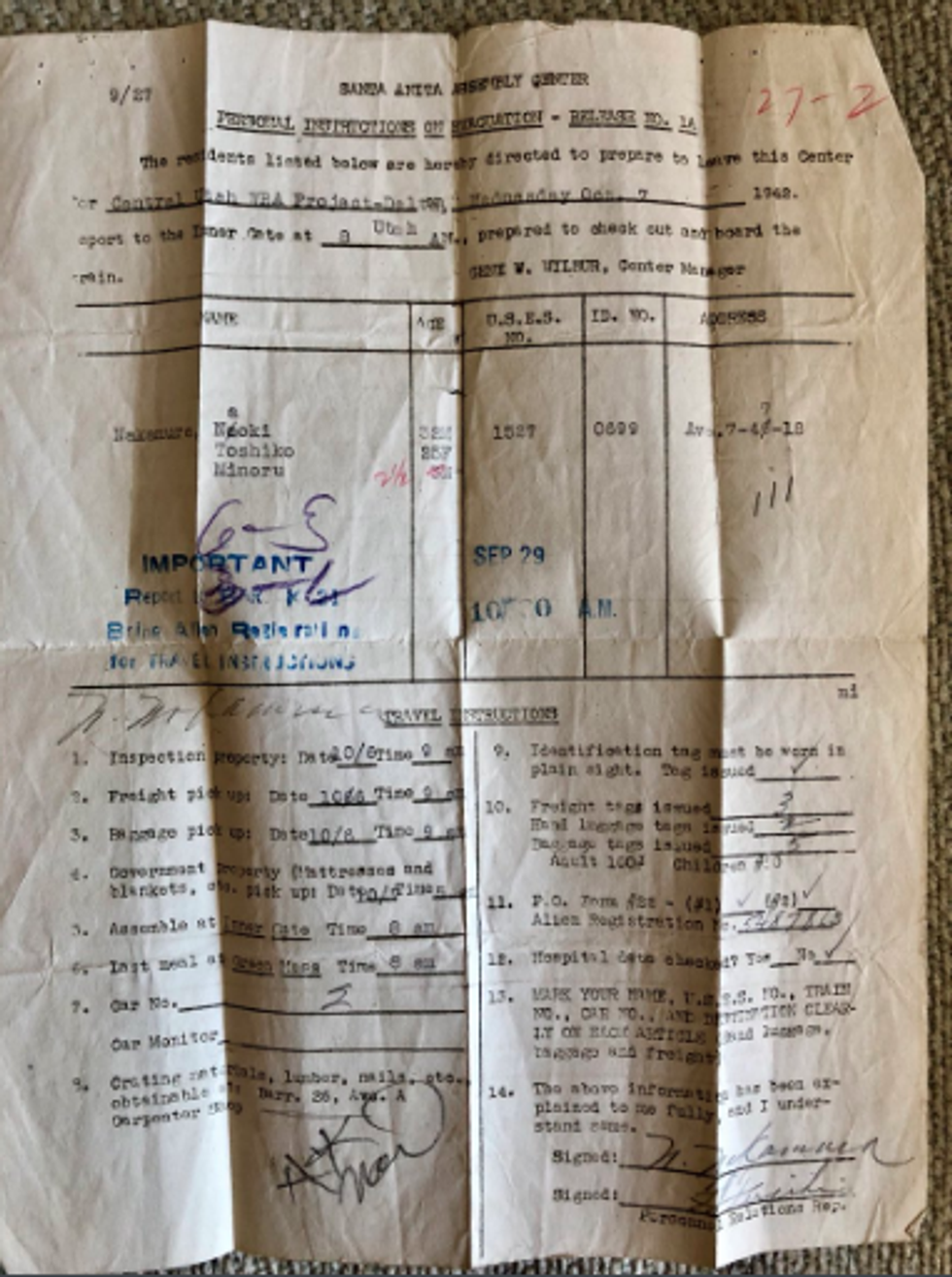
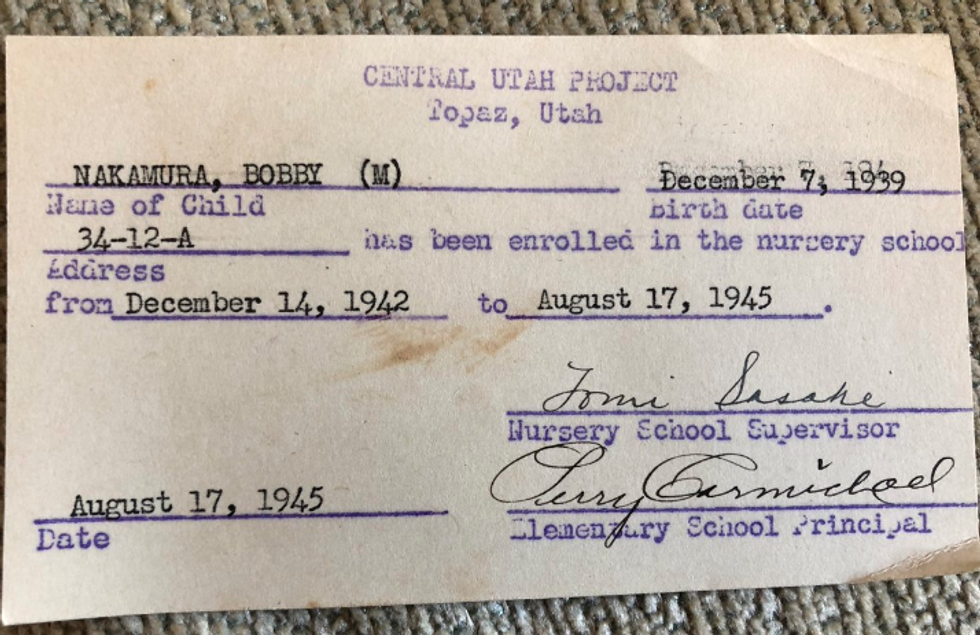
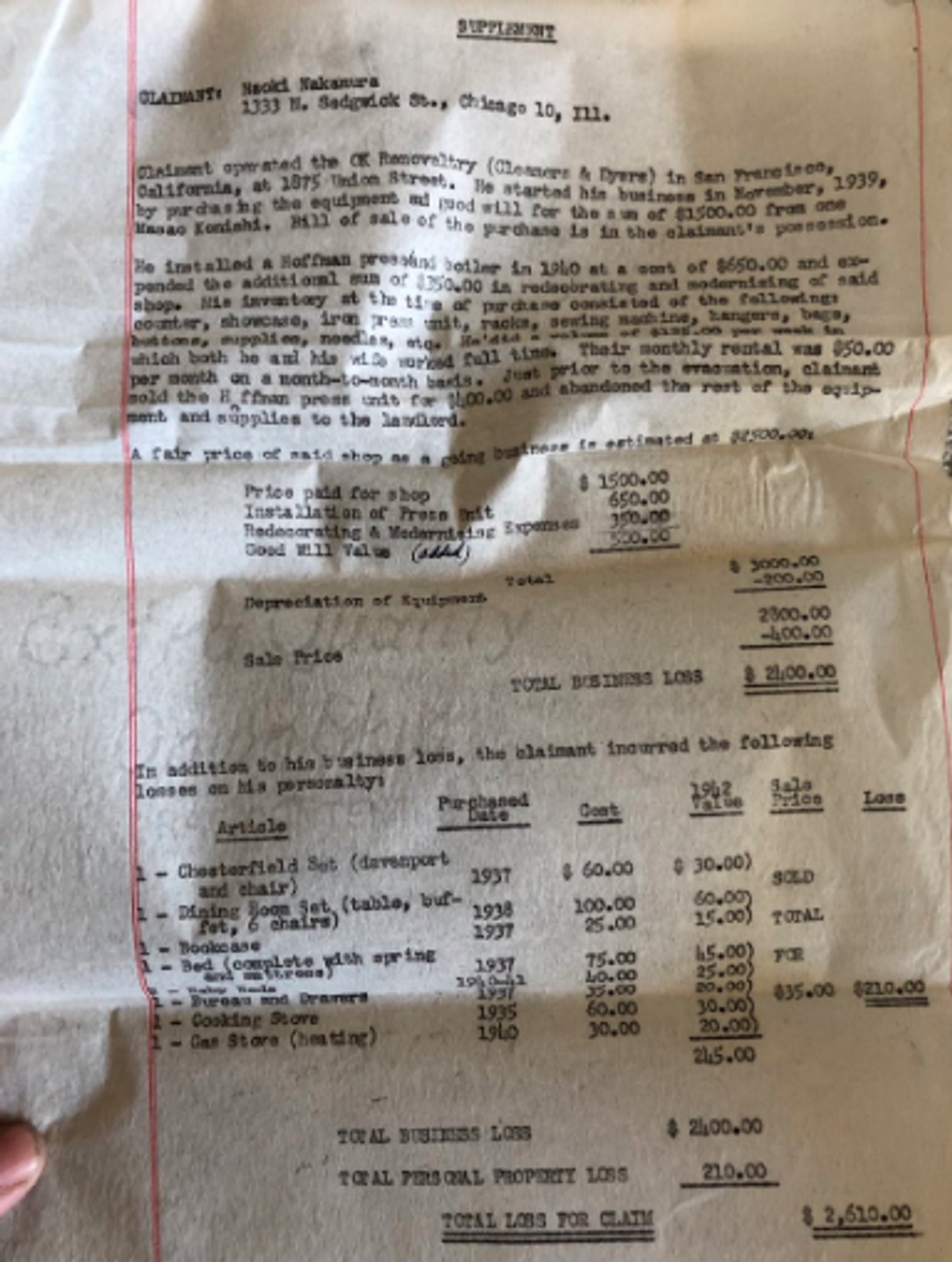
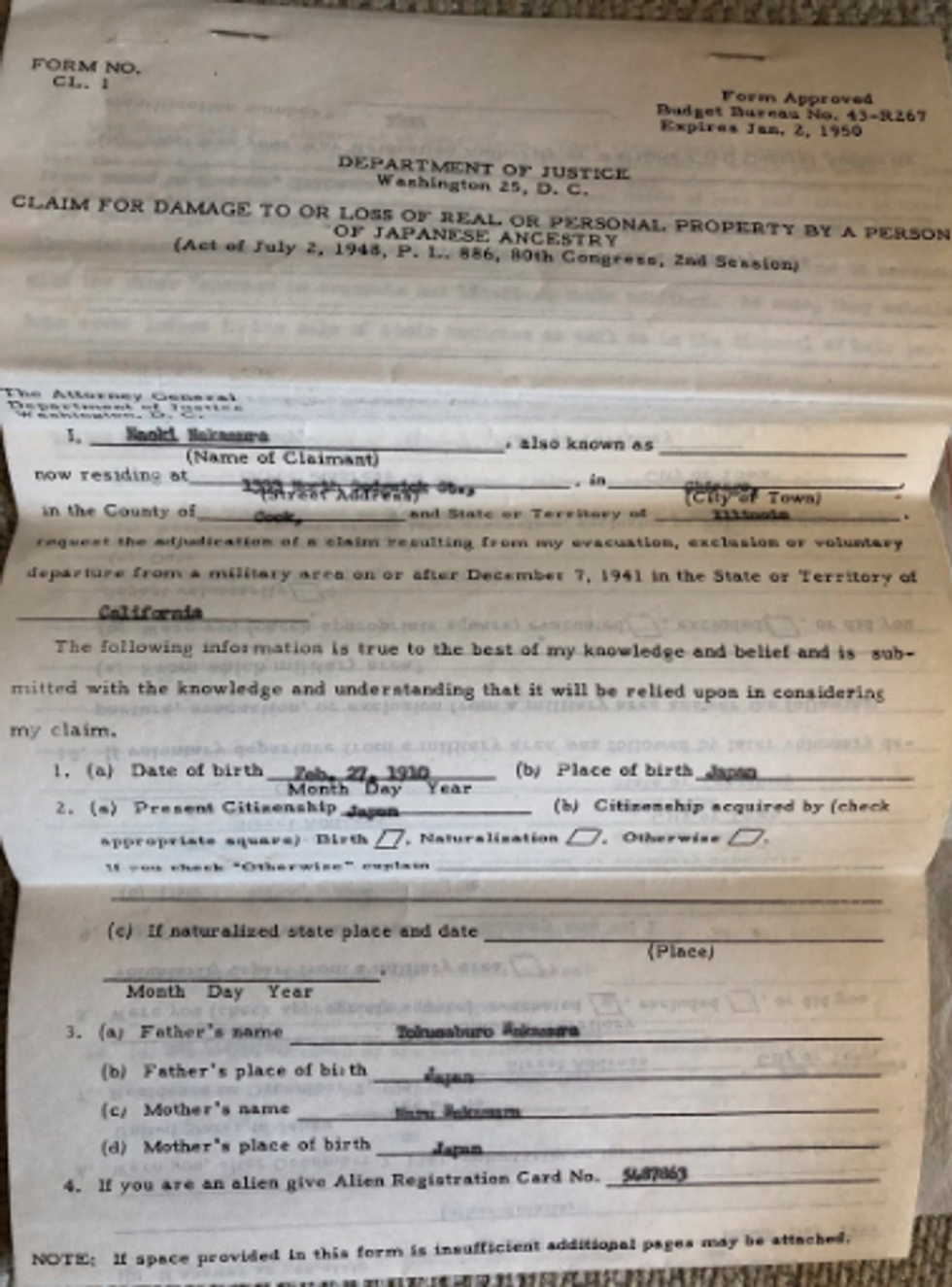
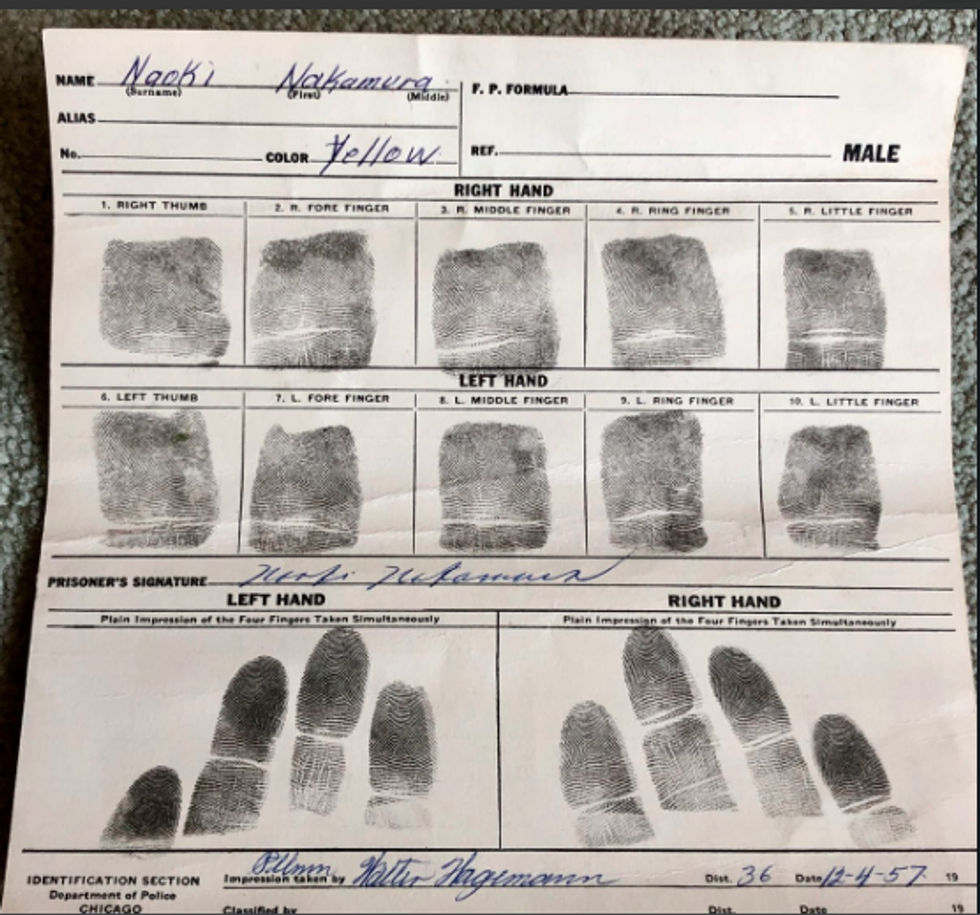
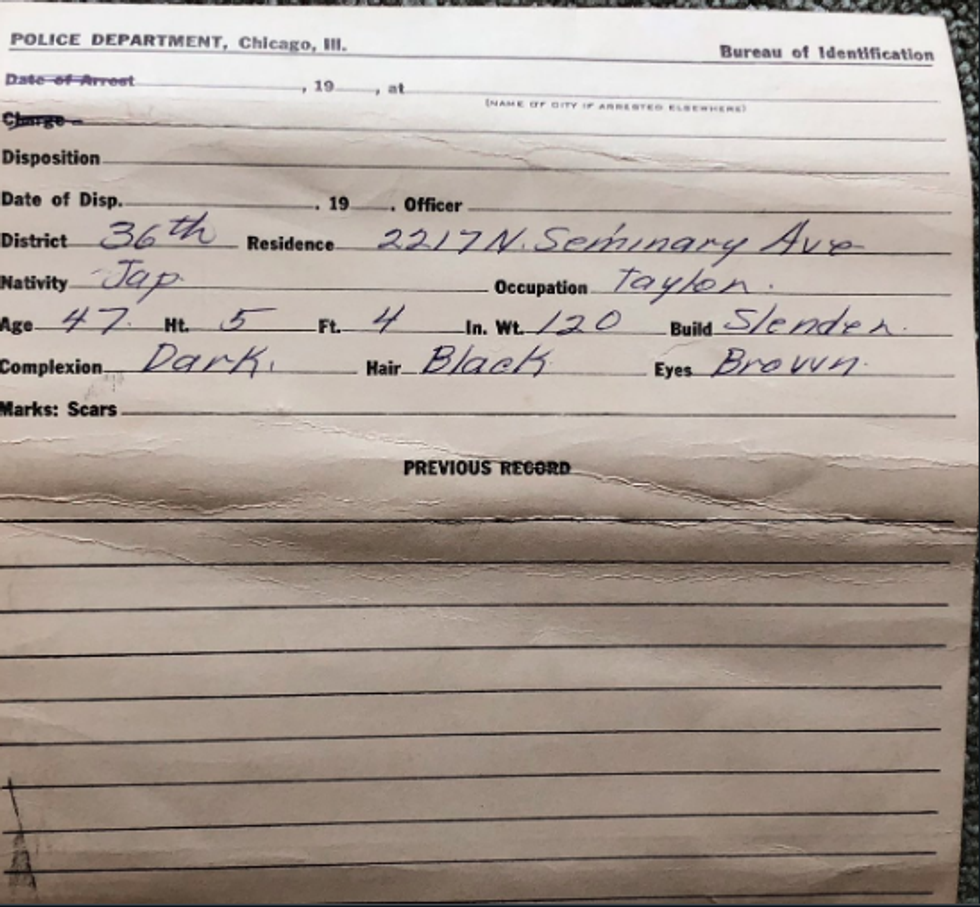
Nakamura's grandmother reportedly kept everything, which is just as well, because these documents throw a light on the racism deeply rooted in American culture.
In a time of political uncertainty, it's particularly powerful to recall a time when America went along with internment of all Japanese Americans out of a selfish desire to feel safe, while stripping an entire group of humans of their assets and lives based on their heritage and the color of their skin.
People of other Asian descent, including (but not limited to) Chinese and Filipino Americans, who had settled in the California area in the late 1930s, faced extreme discrimination from landlords and employers as some 120,000 Californians of Japanese descent were uprooted completely.
And seeing their lives before they were interred conjures up a strange, unsettling feeling:
Because, our lives at any second could be disrupted and uprooted by our government for the sake of racism or prejudice.
Never again.
H/T: Twitter, The Washington Post

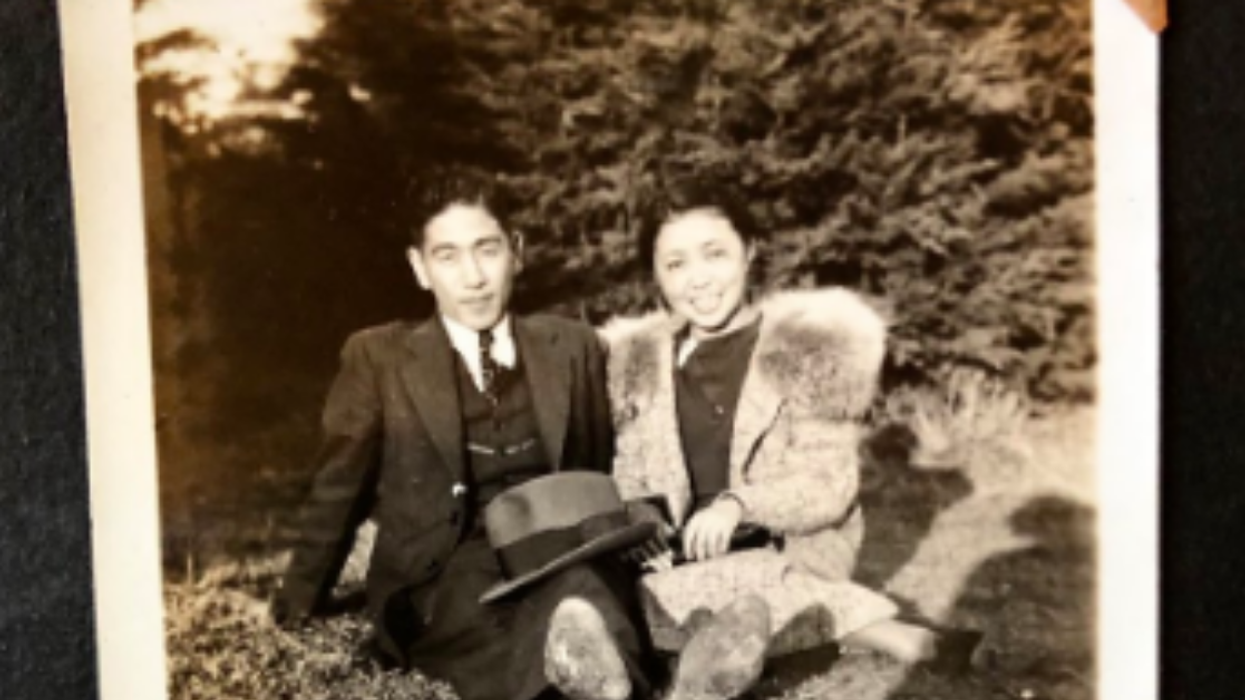



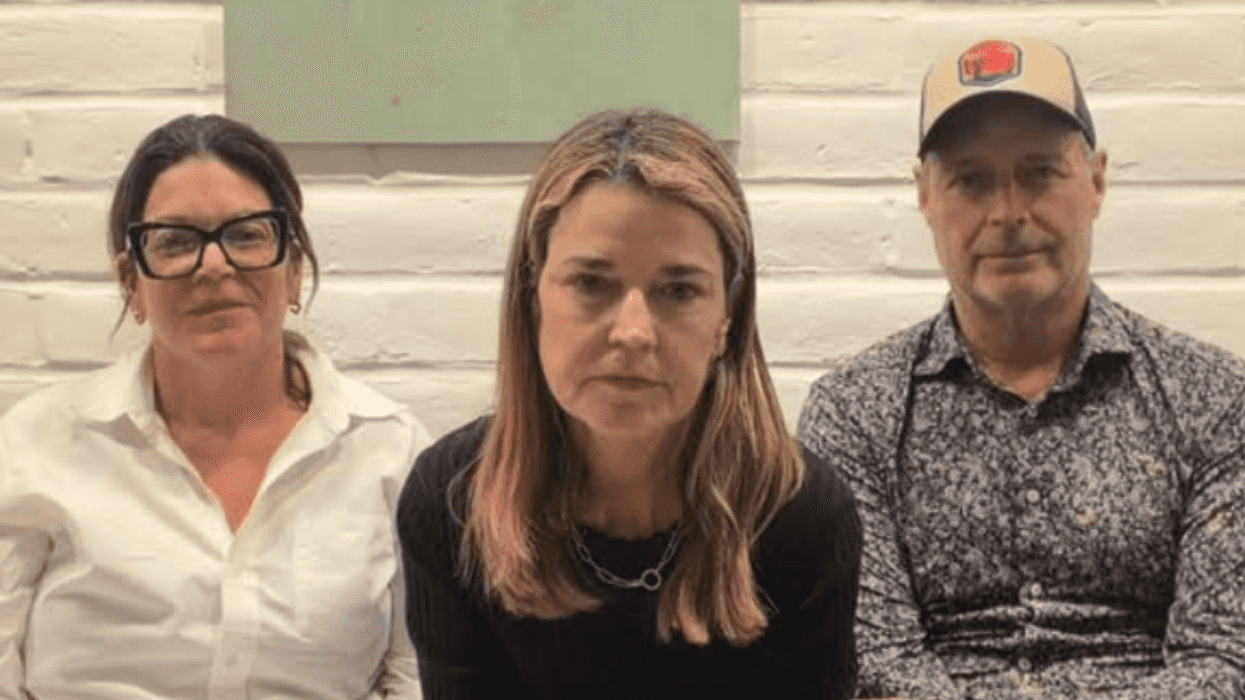







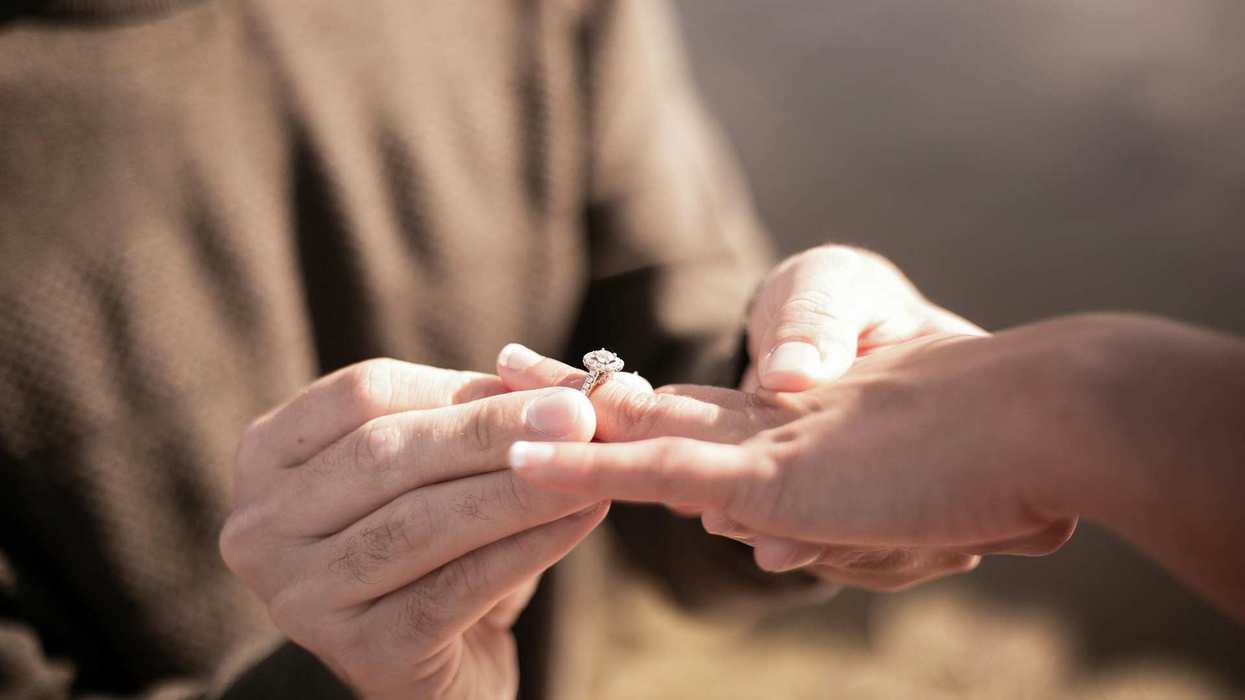
 The Office No GIF
The Office No GIF  Excited Well Done GIF
Excited Well Done GIF 

 Mad Desk Flip GIF by Eminem
Mad Desk Flip GIF by Eminem 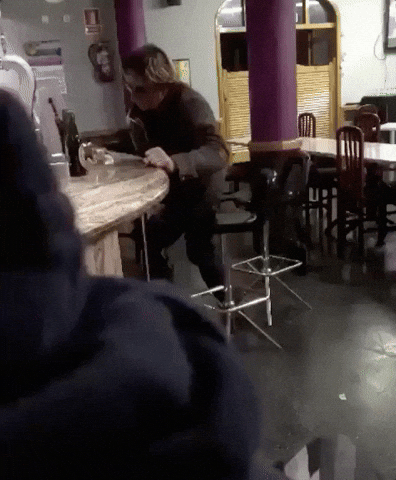 Drunk Head First GIF by Barstool Sports
Drunk Head First GIF by Barstool Sports  oscar isaac smoking GIF
oscar isaac smoking GIF  Napoleon GIF by Sony Pictures
Napoleon GIF by Sony Pictures 
